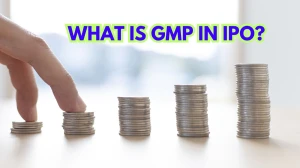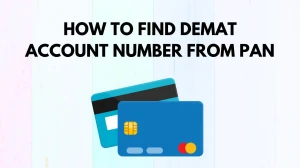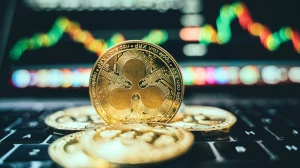
Record Date Vs. Ex-Dividend Date
The record date decides who gets dividends, while the ex-dividend date determines when you need to buy shares to be eligible for dividends. Own shares before the record date to get dividends.
by S Samayanka
Updated Apr 10, 2024
On This Page
Record Date Vs. Ex-Dividend Date
Record Dividend Date:
A firm has a date known as the record dividend date where it will determine who will get dividends, which are part of the company's profits given to shareholders. If you own the shares on the Record Dividend Date, you are eligible to get dividends for that time.
Make sure that you own the shares before this date in order to be eligible for dividends. The date on which a company determines its shareholders for dividend distribution is known as the record dividend date. To receive a dividend payout, you must be a registered shareholder on this date.
Ex-Dividend Date:
For investors, the ex-dividend date is crucial since it determines who will get the dividend payment. The ex-dividend date is usually two days before the record date, so if you buy stocks only before the ex-dividend date, you will be able to get the dividend.
The dividend for that period will not be paid to you if you purchase the stock on or after the ex-dividend date. By using this date, it is possible to make sure that owners who held shares before the ex-dividend date will receive their dividends.
What is the Difference Between the Record Date and the Ex-dividend Date?
|
Basis |
Dividends Ex-Date |
Record Date |
|
Meaning |
It is the date by which stock must be bought to receive an upcoming dividend. |
The date by which the investor's name must be in the company's records. |
|
Announced by |
Stock Exchange or 2 days before the record date. |
Company's Board of Directors. |
|
Importance |
Very important: determines eligibility for dividends. |
Less important compared to Ex-Dividend Date. |
|
Eligibility Criteria |
Shares bought after the ex-dividend Date aren't eligible for dividends. |
Shares owned on or before the Record Date are eligible for dividend. |
|
Purpose |
Represents cut-off date for dividend payment. |
Used by the company to compile a list of eligible shareholders. |
Is the Ex-Dividend Date or the Record Date More Important?
The ex-dividend date, as well as the record date, are equally important because they are two important dates out of the four in the payout process of the dividend. All the investors should be aware of it. However, the ex-dividend date can be considered the most important date to remember for getting a company's dividend payout.
If you buy a share of the company on or after this date, you won't get the upcoming dividend payout. The record date is when the company checks its books on this date to see who owns shares and sends the payout to those people. So, focus on the ex-dividend date to know when you need to own the share to get the money.
Record Date Vs. Ex-Dividend Date - FAQs
1. What is the Record Dividend Date?
It is when a company decides who gets dividends.
2. Why is the Record Dividend Date important?
It determines eligibility for dividends.
3. What is the Ex-Dividend Date?
It decides who gets dividend payments.
4. Why is the Ex-Dividend Date crucial for investors?
It determines who receives the dividend payout.




